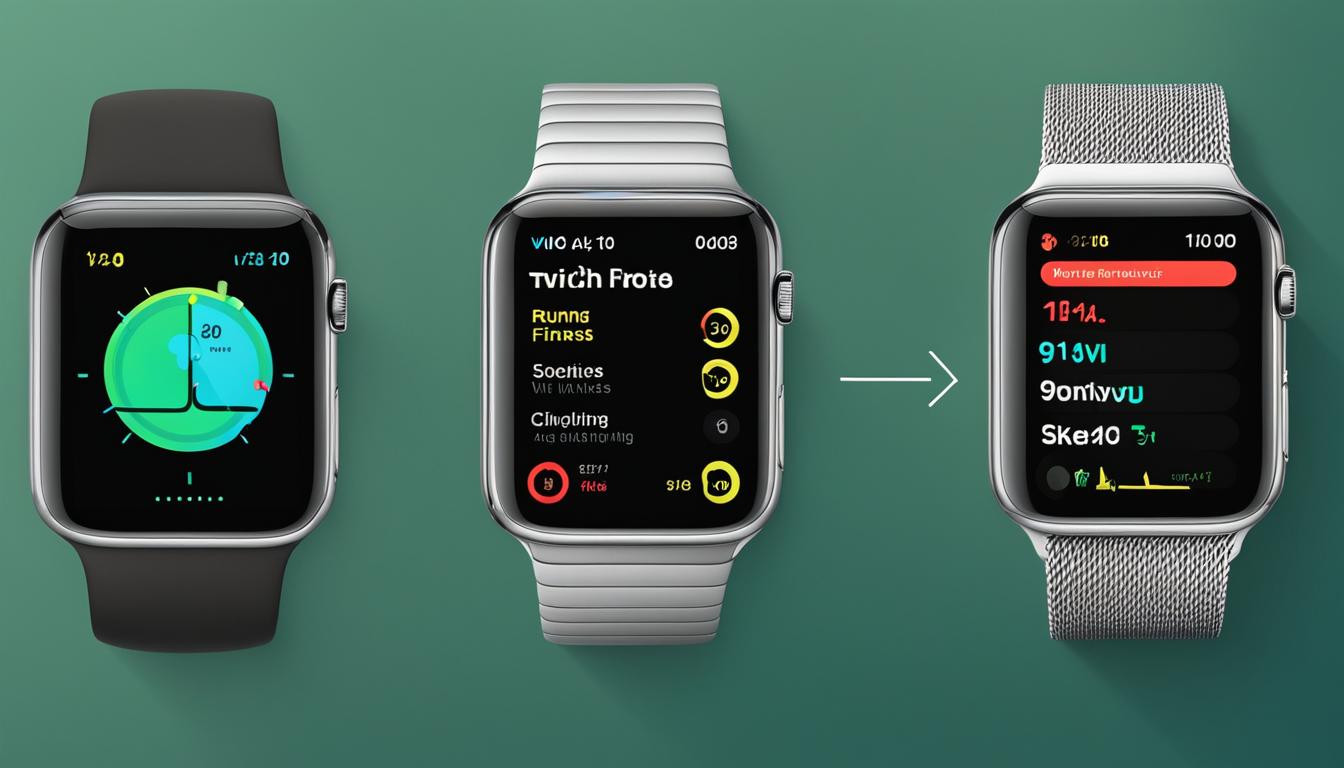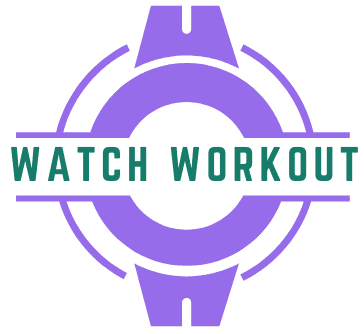Leveraging Sleep Metrics to Enhance Your Workouts
Sleep and fitness are intricately linked, yet the importance of sleep in optimizing workouts often gets overlooked. Many fitness trackers now come equipped with sleep tracking features that provide valuable insights into sleep quality. This article explores how you can use these metrics to refine your workout routine and enhance overall wellness.
Sleep quality and fitness are closely linked. When you don’t get enough sleep, it can affect your physical performance, motivation, and ability to recover from workouts.
How does sleep affect fitness?
Sleep is essential for muscle growth and repair. When you sleep, your body releases hormones that help to build and repair muscle tissue. Lack of sleep can lead to muscle loss and weakness.
Sleep also helps to improve athletic performance. When you’re well-rested, you have more energy and endurance. You’re also better able to focus and concentrate, which can help you perform your best during workouts and competitions.
How does fitness affect sleep?
Regular exercise can help to improve sleep quality. Exercise helps to tire the body and mind, which can make it easier to fall asleep and stay asleep. Exercise can also help to regulate the body’s natural sleep-wake cycle.
However, too much exercise can also interfere with sleep. If you exercise too close to bedtime, it can make it difficult to fall asleep. It’s best to avoid strenuous exercise in the hours leading up to bedtime.
How much sleep do I need?
The amount of sleep you need varies from person to person. Most adults need around 7-8 hours of sleep per night. However, some people may need more or less sleep.
If you’re not sure how much sleep you need, try tracking your sleep for a few weeks. Pay attention to how you feel during the day and how well you’re able to function. If you’re feeling tired and sluggish during the day, you may not be getting enough sleep.
Tips for improving sleep quality
Here are some tips for improving sleep quality:
- Establish a regular sleep schedule and stick to it as much as possible, even on weekends.
- Create a relaxing bedtime routine. This could include taking a warm bath, reading a book, or listening to calming music.
- Make sure your bedroom is dark, quiet, and cool.
- Avoid caffeine and alcohol before bed.
- Exercise regularly, but avoid strenuous exercise too close to bedtime.
- See a doctor if you have chronic sleep problems.
By following these tips, you can improve your sleep quality and fitness. This will help you feel your best and perform your best at all times.
The Connection Between Sleep and Fitness
Physical Recovery
Sleep is when your muscles and tissues repair themselves, making it crucial for recovery after workouts.
Cognitive Function
Lack of quality sleep can affect your focus and decision-making, both essential components of a successful workout.
Sleep Metrics Commonly Tracked
Sleep Duration
Simply how long you sleep, which should ideally be between 7-9 hours for adults.
Sleep Stages
Tracks the time spent in different stages of sleep, like REM, deep sleep, and light sleep.
Using Sleep Metrics to Inform Workouts
Timing Workouts
If your sleep data shows you’re not getting quality rest, consider switching to lighter or less intense workouts.
Refining Sleep Schedule
Use sleep metrics to find your ideal bedtime and wake-up time to maximize sleep quality and workout performance.

Additional Benefits for Stress Management
Sleep Quality and Stress
Poor sleep can exacerbate stress, which in turn can affect both sleep quality and workout performance.
Tracking Stress-Related Metrics
Some fitness trackers measure stress-related metrics like Heart Rate Variability (HRV) to provide a more holistic wellness overview.
FAQ
Q: Are fitness trackers accurate for sleep tracking?
A: While they may not be as precise as professional sleep studies, modern fitness trackers provide reasonably accurate sleep data for general wellness insights.
Q: Can I use sleep metrics to tailor my diet?
A: Absolutely, poor sleep can affect metabolism and hunger hormones, and knowing your sleep patterns can help you make smarter dietary choices.
Q: What other metrics should I consider?
A: Beyond sleep and stress, monitor other fitness tracker metrics like daily steps, calorie burn, and exercise intensity to get a fuller picture of your health.
Conclusion
Monitoring sleep metrics via your fitness tracker can offer invaluable insights to optimize your workouts and manage stress better. As sleep quality directly impacts physical recovery and cognitive function, incorporating sleep data into your fitness strategy creates a more holistic approach to well-being.
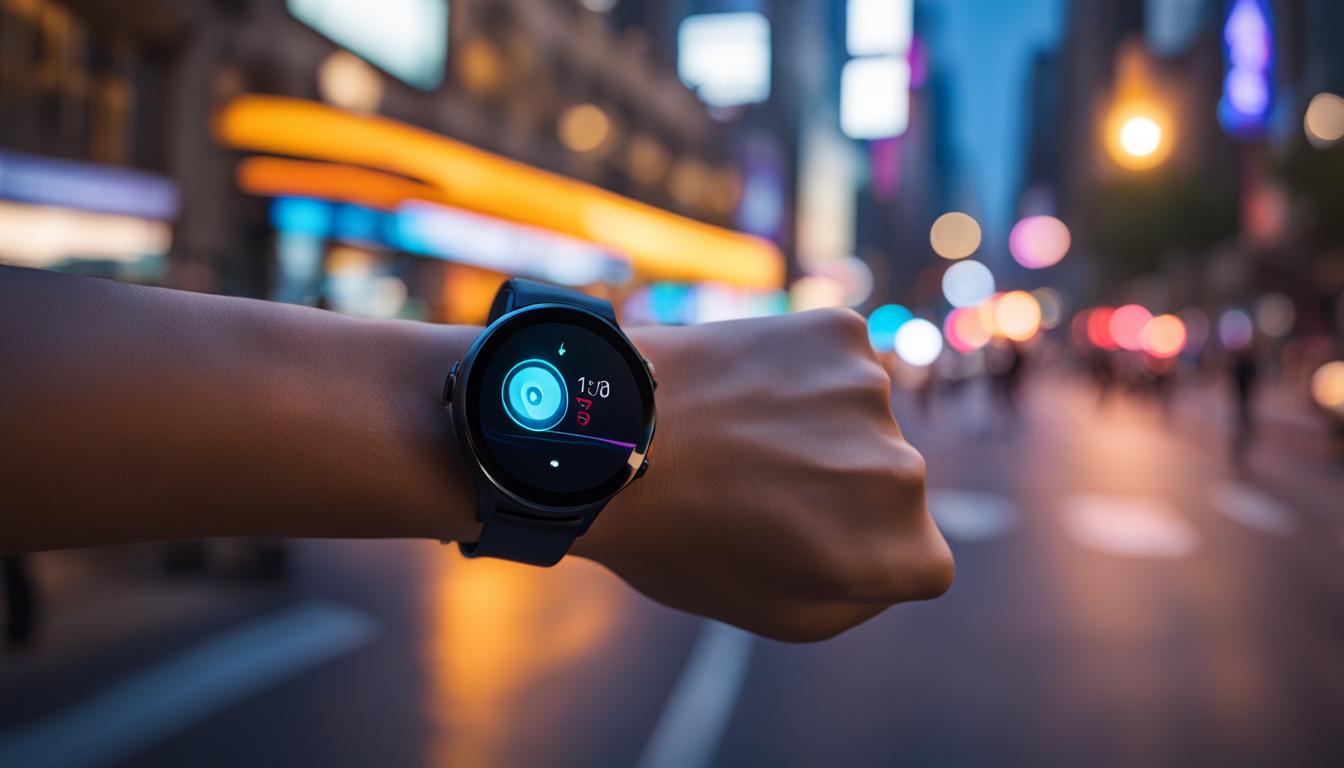
Smart Watch Earbuds: Seamless Audio On-the-Go in 2024

Best Smartwatch for ADHD Adults – Stay Focused!

Best Watch For ADHD Adults: Focus & Productivity

Vibrating Watch for ADHD: Stay On Track & Focused in 2024

Optimize Health: Track Your Fitness Goals in 2024!

Best Smart Watch for Health Monitoring in 2024
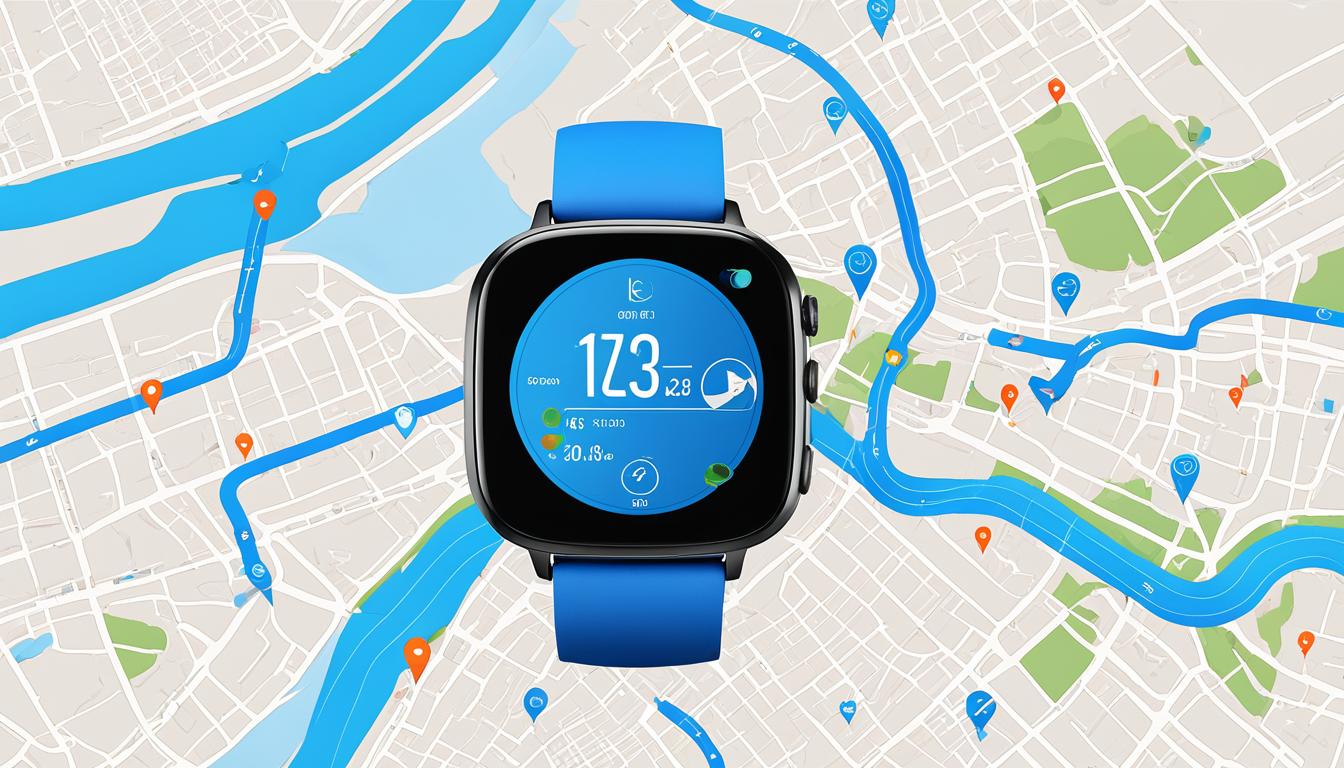
Smart Watch with GPS Tracking – Find Your Way in 2024

Apple Watch Health Tracking: Your Wellness Ally
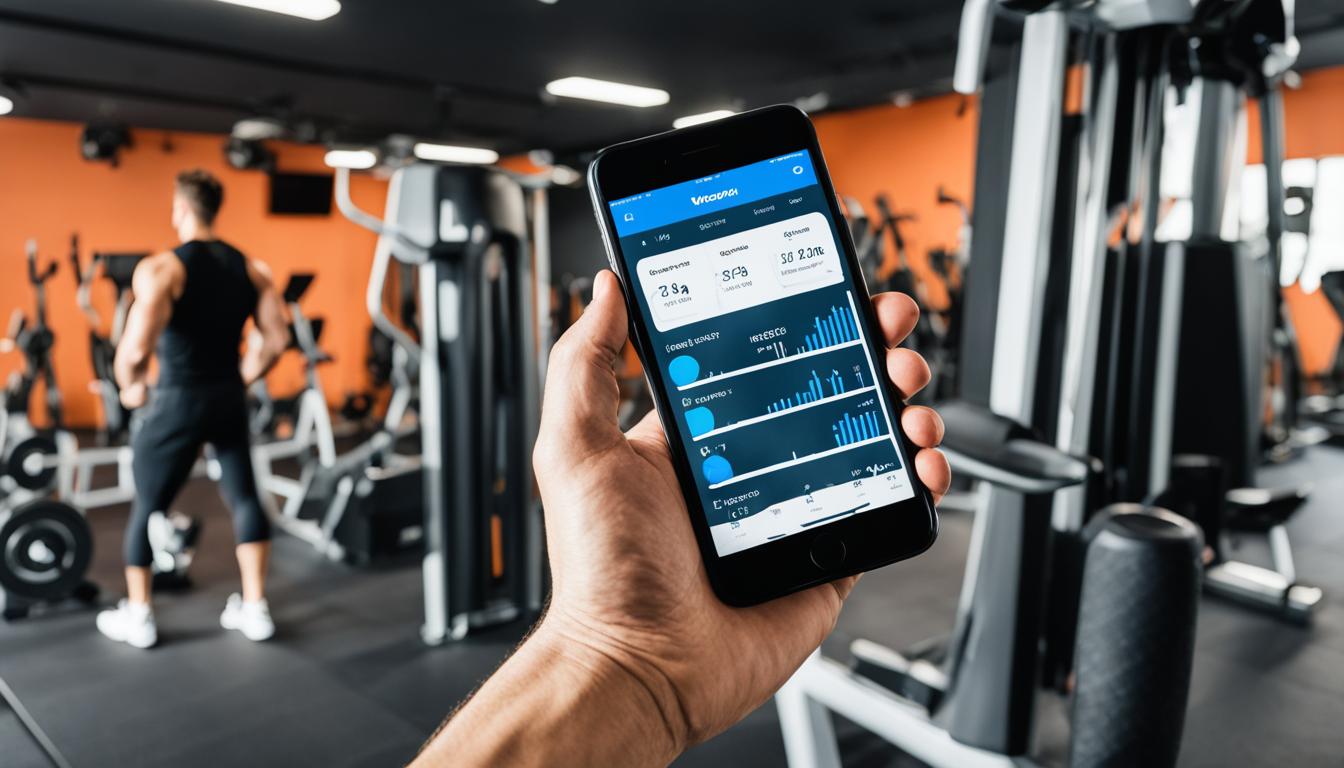
Best Workout Tracking App for Fitness Goals in 2024
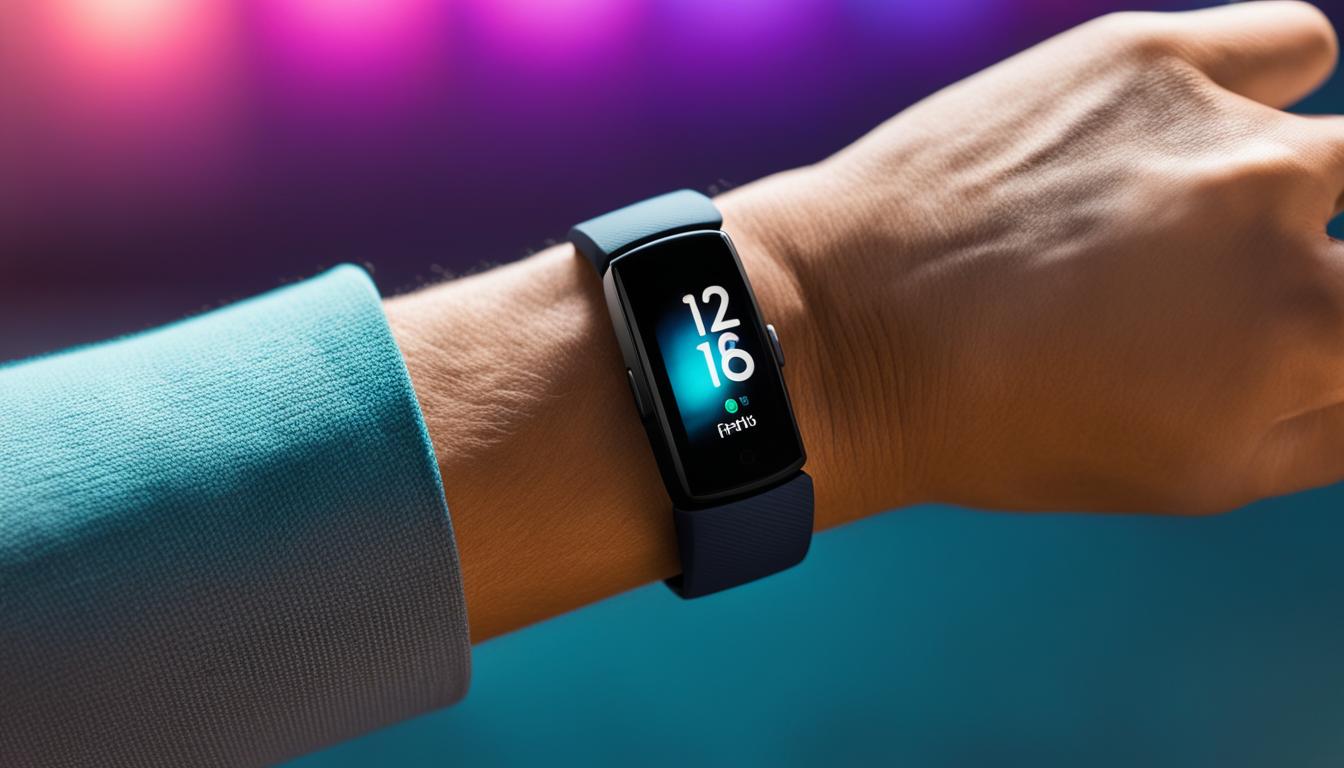
Best Fitness and Sleep Tracker: Top Picks for 2024

Best Fitness Apps for Apple Watch in 2024
